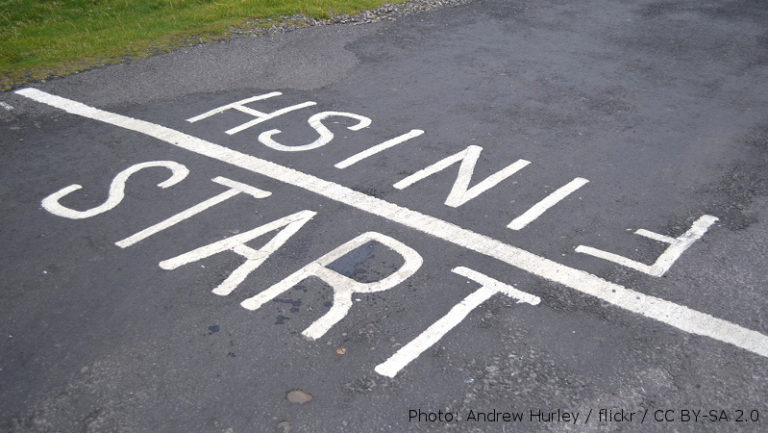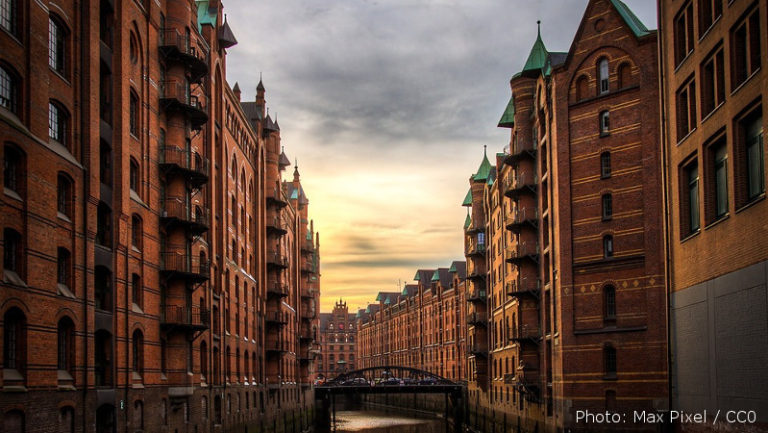
G20 leaders in Hamburg met against the background of high levels of uncertainty and dissatisfaction in their countries’ populations. Growing levels of inequality, the unclear impact of digitalisation, high youth unemployment, bad conditions for workers in global supply chains. These major global challenges were also mirrored in the manifold peaceful demonstrations in which protestors demanded a change in thinking about growth and globalisation. Did the G20 leaders adequately address these worries or did they continue with business-as-usual? Did they address the important questions of the future?


 When the finance ministers of the G7 countries proposed the G20 in the late 1990s, a good sense of realism prevailed. They recognized that addressing issues of global finance required the political support from—and involvement of—emerging market economies. This view proved prescient in seeking policy responses to the 2007–08 global financial crisis. The leaders of the G20 met at their first summit in Washington D.C. in 2008 to agree on measures to resolve the crisis through dialogues among the “systemically relevant” countries.
When the finance ministers of the G7 countries proposed the G20 in the late 1990s, a good sense of realism prevailed. They recognized that addressing issues of global finance required the political support from—and involvement of—emerging market economies. This view proved prescient in seeking policy responses to the 2007–08 global financial crisis. The leaders of the G20 met at their first summit in Washington D.C. in 2008 to agree on measures to resolve the crisis through dialogues among the “systemically relevant” countries. Only six weeks went by between the Taormina G7 and Hamburg G20 meetings, which were both chaired by a major EU Member State. A substantive link between the two summits was therefore to be expected. Indeed, at least to some extent, a useful connection was set in motion. The results of these two events seem to suggest an informal – but organic – relation between the diplomatic and cooperative efforts of the much narrower and more homogeneous G7 with the G20 summit.
Only six weeks went by between the Taormina G7 and Hamburg G20 meetings, which were both chaired by a major EU Member State. A substantive link between the two summits was therefore to be expected. Indeed, at least to some extent, a useful connection was set in motion. The results of these two events seem to suggest an informal – but organic – relation between the diplomatic and cooperative efforts of the much narrower and more homogeneous G7 with the G20 summit. The news emerging from Hamburg were dominated by the narrative of the emerging 19 +1 on issues such as climate change or trade protectionism. Yvanka Trump replacing her father in the US seat was a particularly juicy bit, with few realizing that happened when the leaders were discussing Africa. Street protests and the 9th Beethoven symphony played in the brand-new Elbphilharmonie capped what was after all a fair attempt by Germany and Chancellor Angela Merkel to give direction to a group that has become a target of cynical criticism.
The news emerging from Hamburg were dominated by the narrative of the emerging 19 +1 on issues such as climate change or trade protectionism. Yvanka Trump replacing her father in the US seat was a particularly juicy bit, with few realizing that happened when the leaders were discussing Africa. Street protests and the 9th Beethoven symphony played in the brand-new Elbphilharmonie capped what was after all a fair attempt by Germany and Chancellor Angela Merkel to give direction to a group that has become a target of cynical criticism.